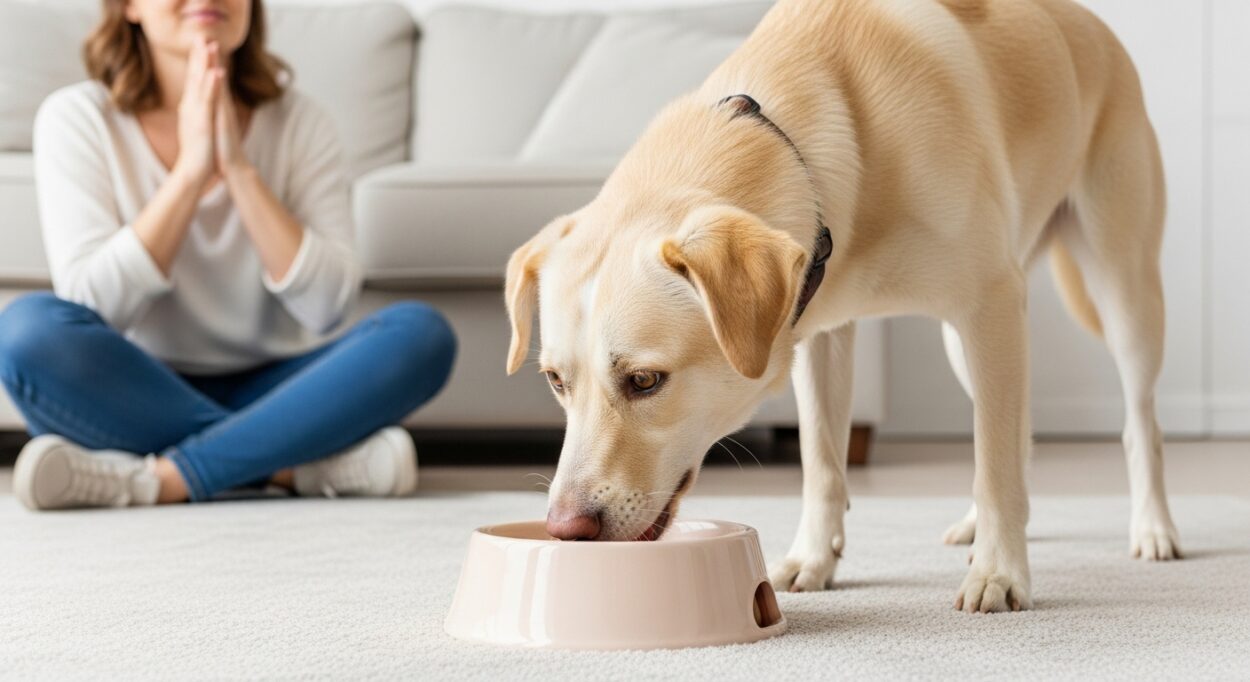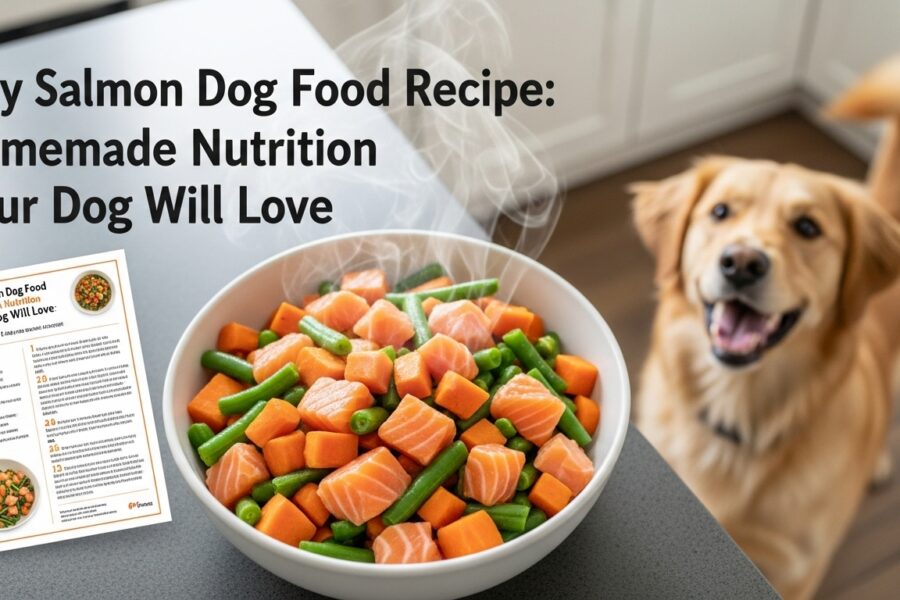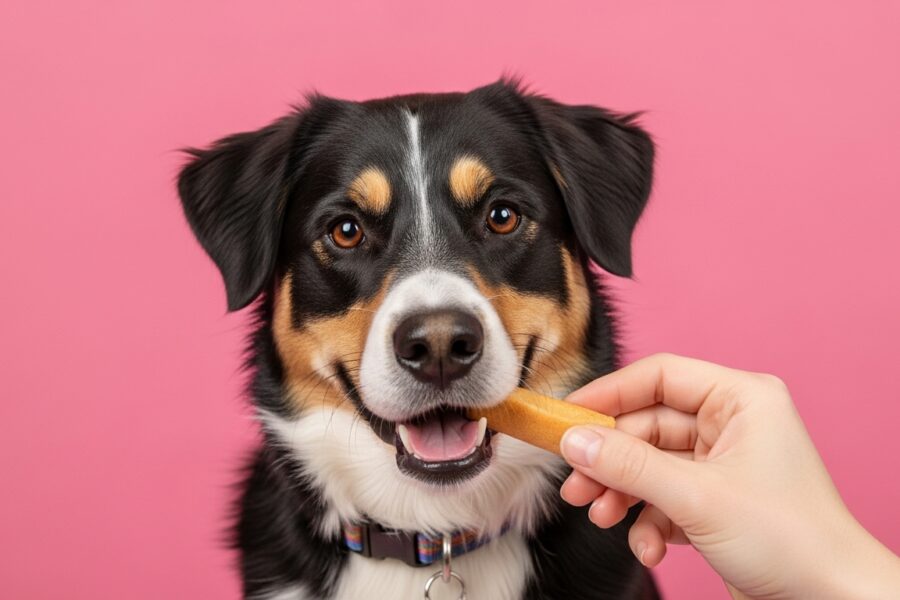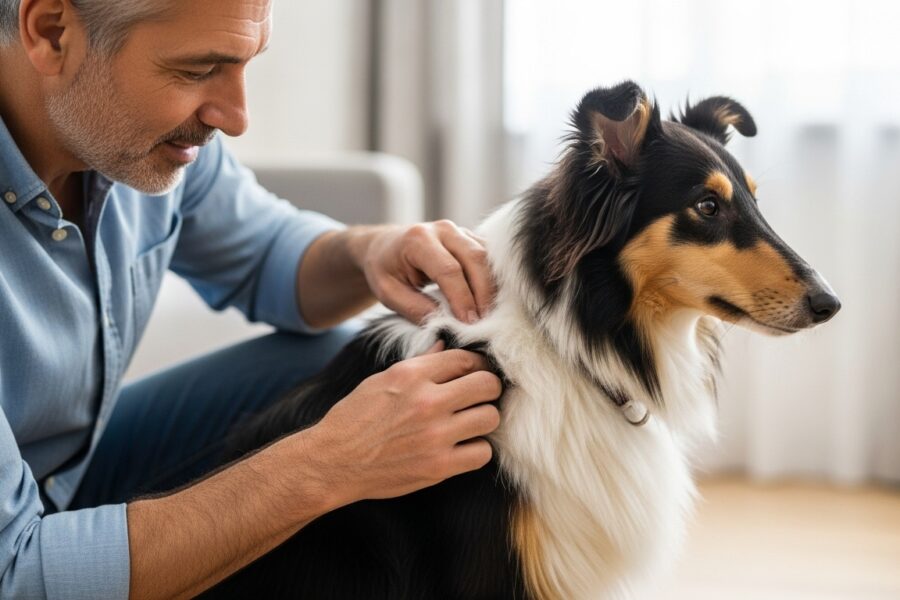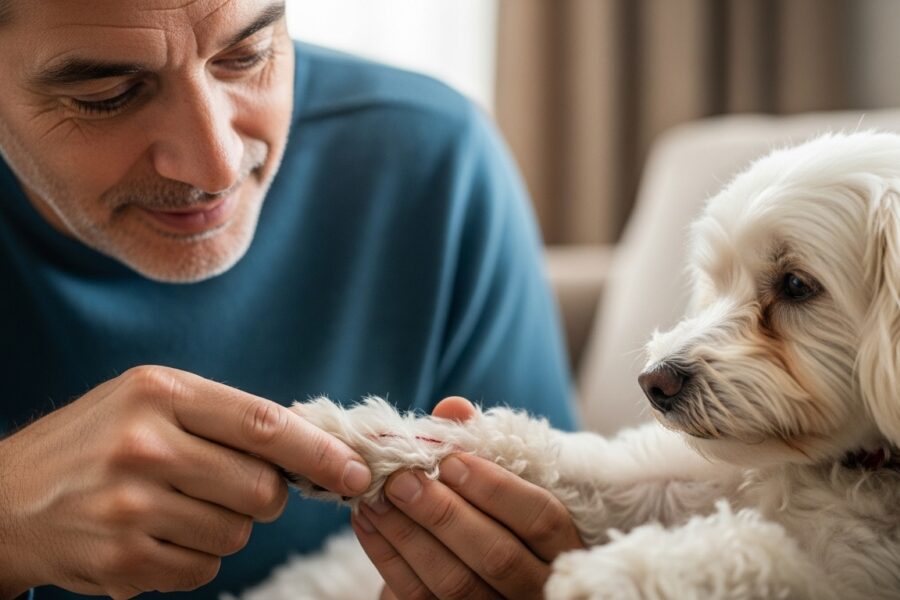Table of Contents
Introduction
We’ve all had those moments: your dog sniffs their food, turns away, and you immediately wonder—is something wrong? Should you start to worry if your pup misses a meal, or refuses food for a day? How long can dogs go without food safely? These questions are normal for loving pet owners. In this guide, you’ll get clear, science-backed answers straight from veterinarians, plus smart tips on what to do if your dog just won’t eat.
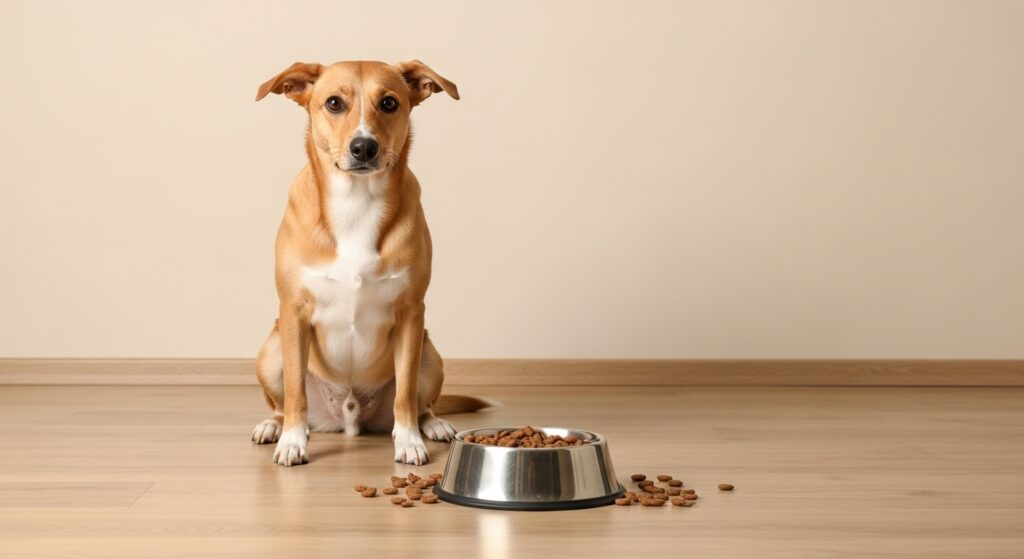
The Short Answer: How Long Can Dogs Go Without Food?
Most healthy adult dogs can survive up to 3–5 days without eating, but it is NOT safe to let your dog fast this long without talking to your vet.
Puppies, elderly dogs, very small breeds, and dogs with health problems are more vulnerable—they can get dangerously ill after just 24 hours without food.
Why Might a Dog Stop Eating?
Here are the most common reasons a dog might go off their food:
- Mild stomach upset or stress
- Change in routine, new surroundings, or travel
- Dental problems—pain or loose teeth
- Illness (infections, kidney disease, fever, etc.)
- Picky eating habits or dislike of their food
- Recent vaccinations or medications
Pro tip: If your dog skips one meal but otherwise acts normal, it’s often not an emergency. However, if they skip more than a day or show other symptoms, take action soon!
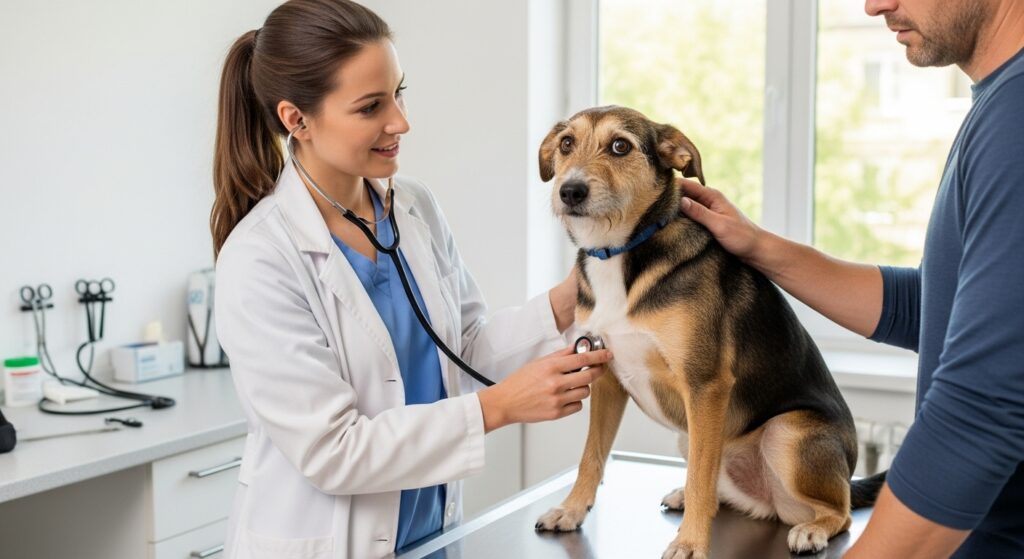
Health Risks of Not Eating
Skipping a meal isn’t usually dangerous, but going without food for more than 24–48 hours can quickly lead to:
- Dehydration (especially if not drinking water)
- Low blood sugar (hypoglycemia)—much more common and serious in puppies, toy breeds, and sick or elderly dogs
- Hepatic lipidosis (fatty liver disease)—especially risky in small dogs or overweight dogs
- Weakened immune system
- Organ failure (if prolonged beyond a couple of days)
Warning: If there’s vomiting, diarrhea, weakness, or severe lethargy—skip the waiting and call your vet immediately!
How Quickly Do Things Become Dangerous?
- Puppies (under 6 months):12–24 hours without food can be critical; puppies can quickly develop low blood sugar and dehydration.
- Adult healthy dogs:Up to 24–48 hours is the usual upper safe limit, but it depends on their health and hydration status.
- Senior dogs or chronically ill dogs:Usually no more than 24 hours—their reserves run out faster, and underlying illnesses can worsen quickly.
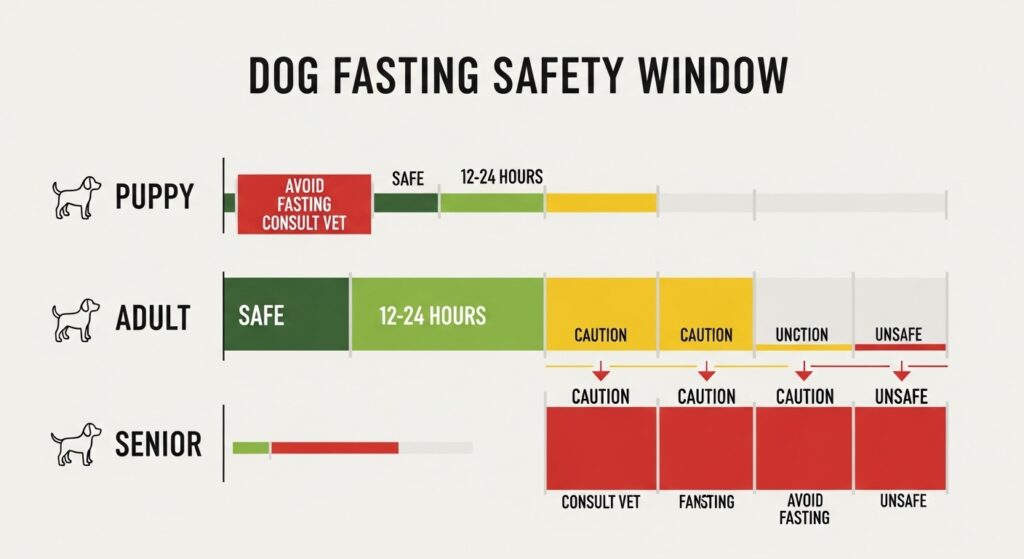
What Should You Do If Your Dog Won’t Eat?
Vet-Approved Steps:
- Check for other symptoms(vomiting, diarrhea, pain, lethargy, difficulty breathing—seek immediate vet care if present)
- Offer plain, bland food(boiled chicken and rice, or a bland vet-recommended diet)
- Try hand-feeding or gently warming up the food to enhance aroma
- Make sure your dog is drinking waterHydration is critical! If your dog isn’t drinking, call your vet ASAP.
- Remove uneaten food after 15–30 minutesDon’t let it sit out and spoil.
- Call your vet if:
- Loss of appetite lasts more than 24 hours for puppies/seniors/ill dogs, or 48 hours for healthy adults
- You see any worrying symptoms
- Your dog refuses both food and water
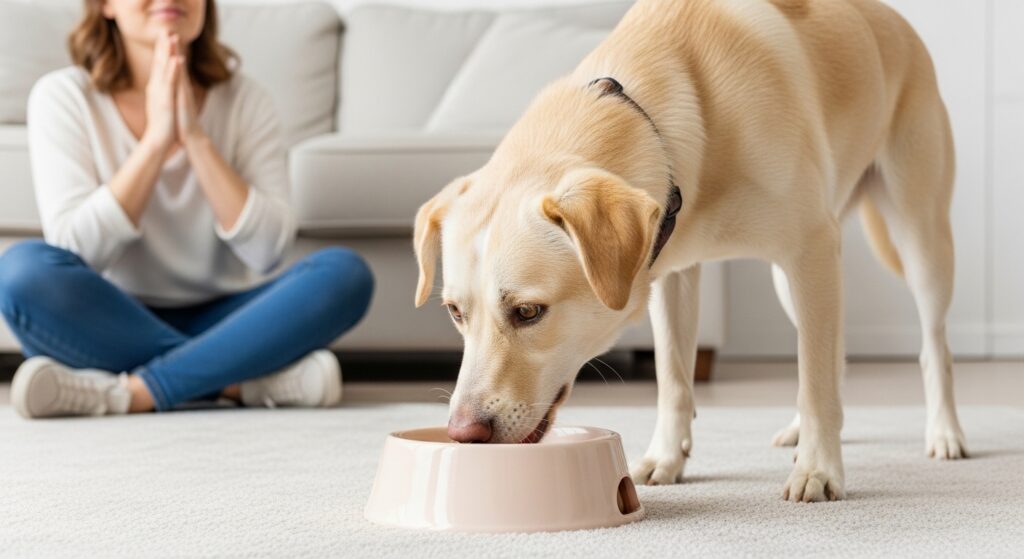
Can Skipping Meals Be Normal Sometimes?
Yes—brief fasting sometimes happens:
- During hot weather, travel, stress, or after vaccinations
- Some dogs naturally eat less on some days
However, regular or sudden complete refusal to eat is always worth monitoring closely.
Safety Tips to Prevent Serious Problems
- Always provide plenty of clean water
- Monitor for vomiting, diarrhea, weakness
- Don’t force feed without vet guidance—you could cause choking or injury
- Offer bland, tempting foods for 1–2 meals, then call your vet if no improvement
- Keep a feeding journal if picky eating becomes a habit, to track patterns
When Is It an EMERGENCY?
Go to the vet right away if your dog:
- Refuses both food and water for 24 hours (or any time for a puppy)
- Can’t keep food or water down (vomiting)
- Shows bloat symptoms (swollen belly, trying to vomit but nothing comes up, restlessness)
- Is weak, shaky, or collapsing
- Has pale gums, trouble breathing, or neurological symptoms (seizures, wobbling)
Frequently Asked Questions (FAQs)
Q1: Is it OK if my dog skips one meal?
A: Usually yes, especially if they act otherwise healthy. Monitor for changes but don’t panic unless it becomes a trend.
Q2: Can a dog survive a week without food?
A: Some adult dogs might survive, BUT they’ll become very sick and weak, and risk permanent organ damage or death. Never wait that long before seeing a vet.
Q3: My dog isn’t eating but still drinks water. Is that okay?
A: That’s better than refusing both—but if it lasts more than a day, or if your dog is a puppy/senior/ill, call your vet.
Q4: What foods can I try to encourage eating?
A: Plain boiled chicken, white rice, plain scrambled egg, or canned dog food. Never use spicy, fatty, or seasoned human food unless your vet says it’s okay.
Q5: Does stress cause loss of appetite?
A: Absolutely—moving, boarding, loud noises, or changes at home can all cause temporary loss of appetite, but it should resolve in a day or two.

